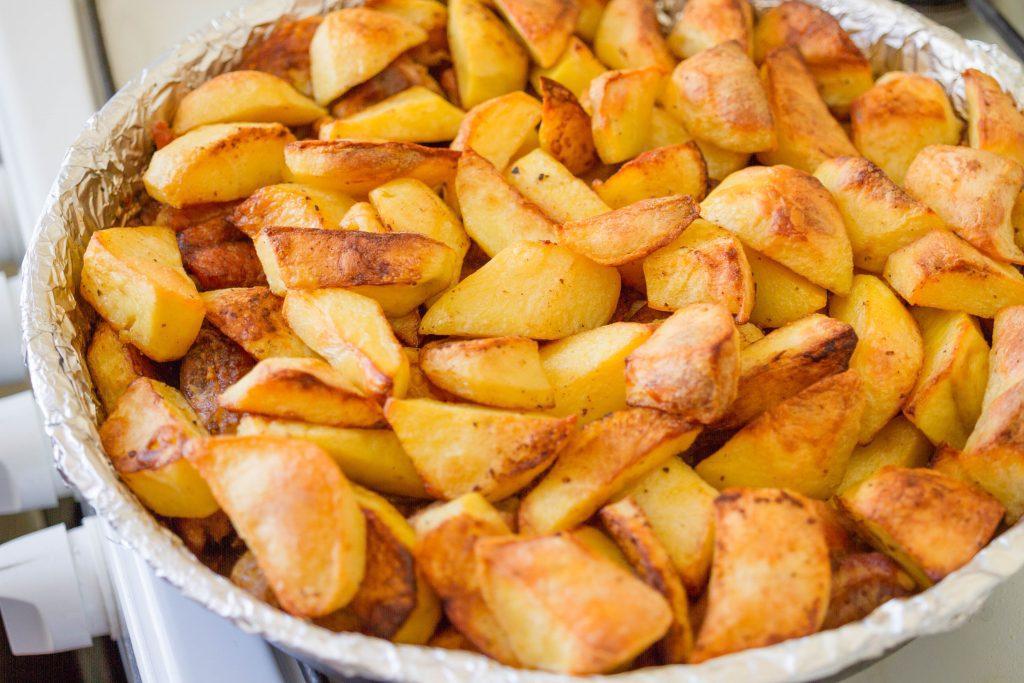Does Microwaving A Potato Really Work?
How long should you microwave one? Is it even safe? Should they be peeled? These are just some of the questions that may come to mind when you’re cooking a potato! If you’ve ever been intimidated by this humble vegetable, or if you want to make sure your next side dish is cooked perfectly, this blog post has all the answers.
Firstly, microwaving isn’t good for potatoes because it leaves them soggy and unappealing. Secondly, microwaves can only heat food – not cook it – so it’s a poor option for any vegetables or meats requiring long starchy cooking time. Lastly, despite their spud-like appearance and reputation as a carb-heavy foodstuff, potatoes do not have much in the way of starch.

The question of baking versus microwaving is a bit more complex. Because potatoes are so starchy, they get soggy in the microwave, but they don’t cook all that much compared to oven-baked potatoes. Microwaving does result in a slightly lighter texture than baking, but both have their advantages.
Microwaving is good for quick pre-cooked salads, and because it heats food so quickly, you can often avoid drying out green vegetables like spinach or kale. Cooking potatoes on the stovetop or the grill can also yield similar results. The key is to let the potato cool down before cutting into it, or you may end up with a hot, sloppy mess.

A thinly sliced potato takes approximately 5 minutes in the microwave. For baked potatoes, it takes 25 minutes in the oven at 375 degrees F. But if you’re boiling potatoes on the stovetop, that usually takes about 12-15 minutes, depending on how big they are. Peeling your potato is totally up to you – some people prefer to leave their potatoes unpeeled because they contain more vitamins and nutrients (you can always scrub them once cooked).
Whether you’re cooking a whole meal or want a healthy snack, there’s no denying that microwaves are convenient: They may not be the best for potatoes, but it’s not unhealthy either.
